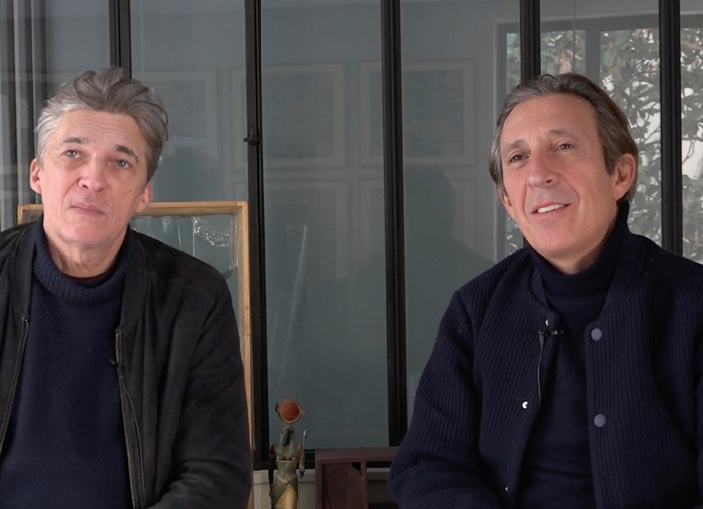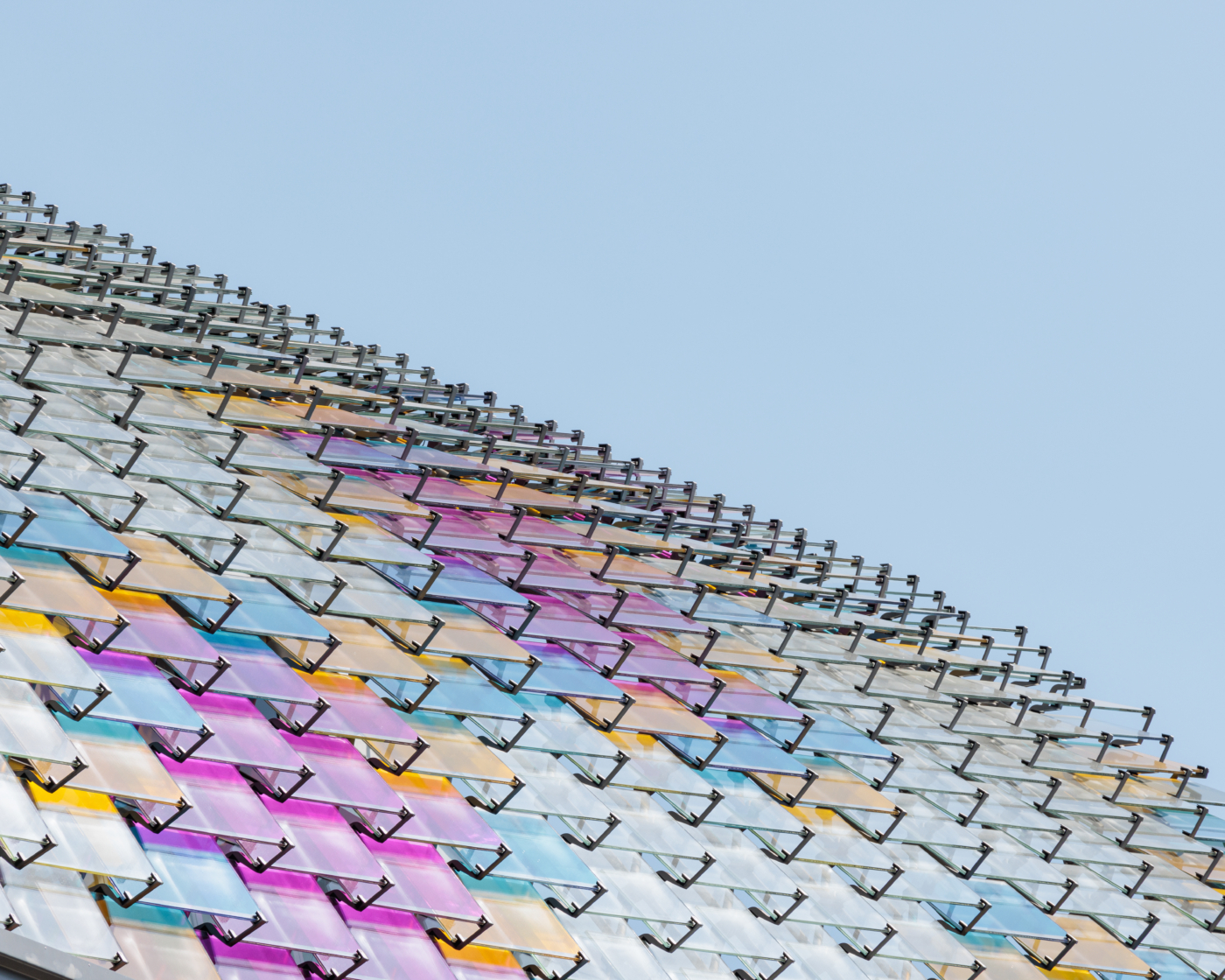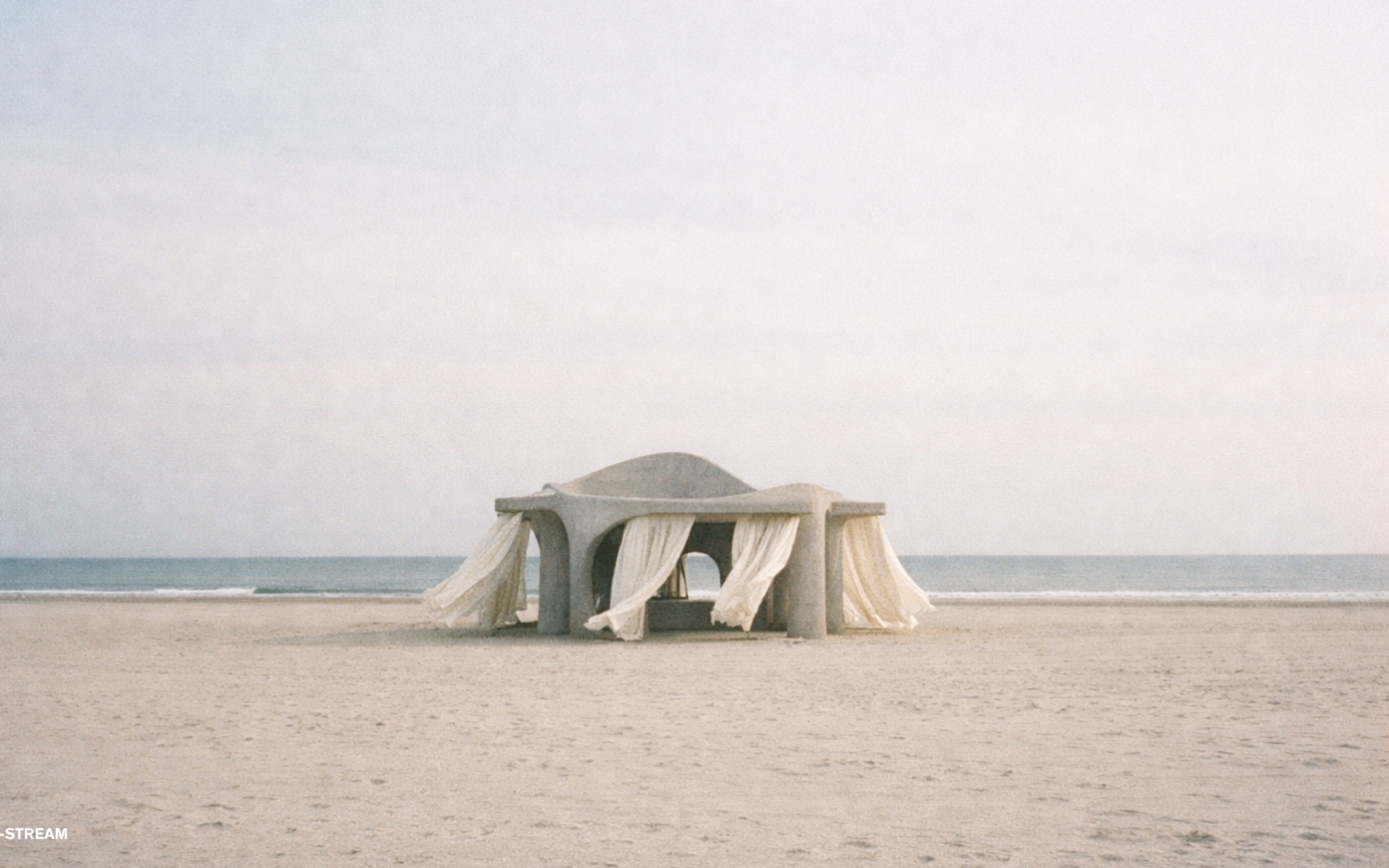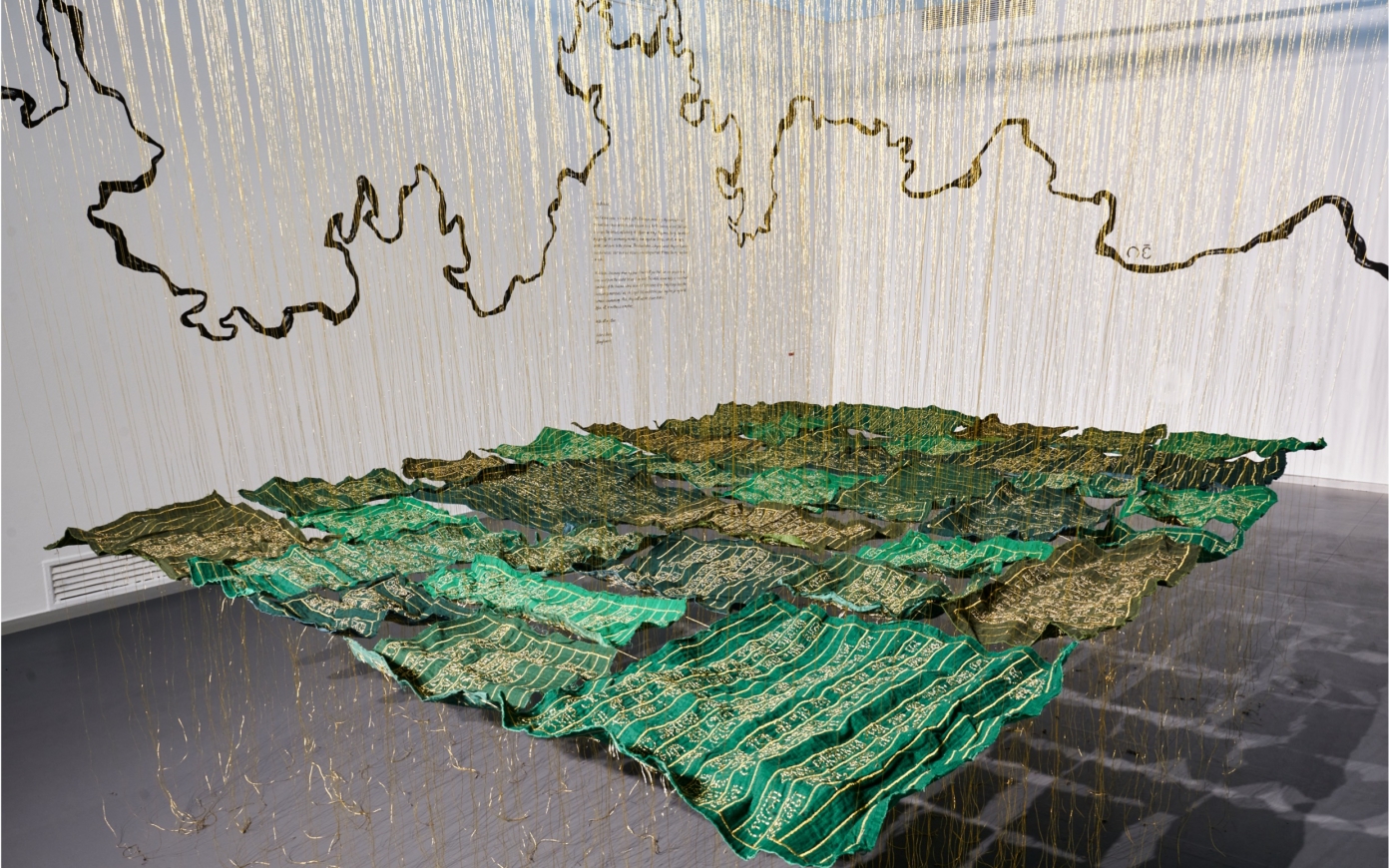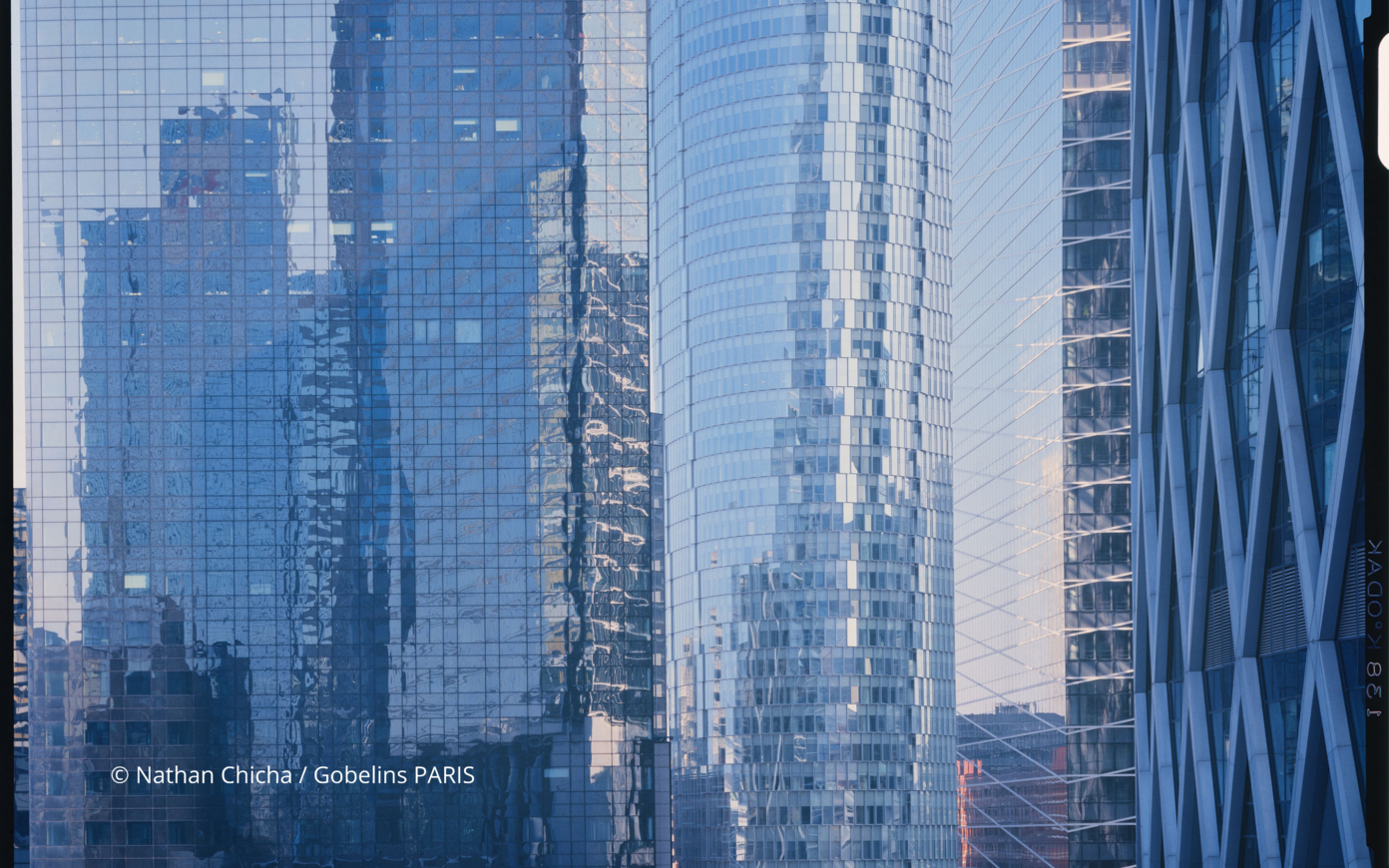Collaborating with situations
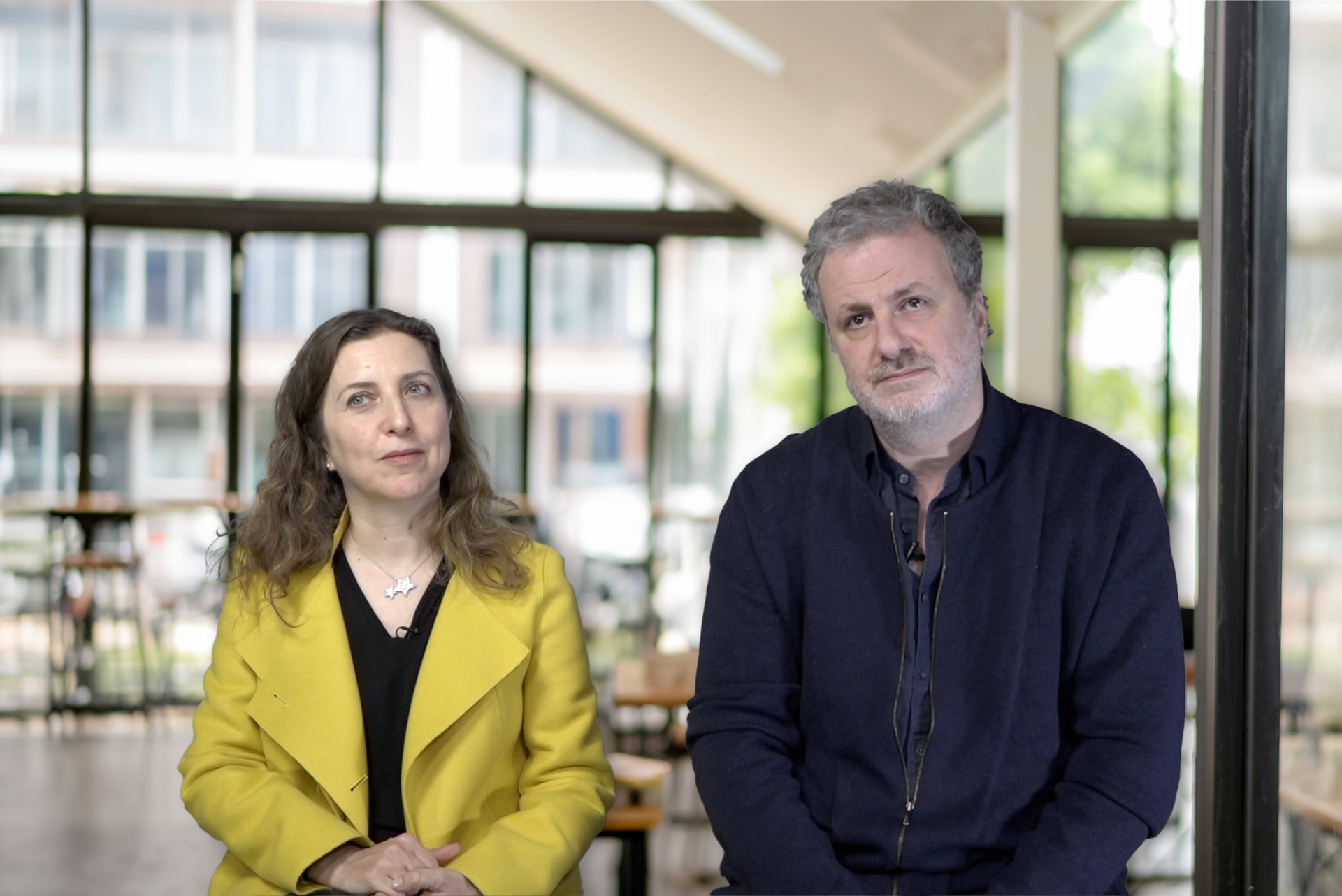
- Publish On 7 July 2021
- Joana Hadjithomas & Khalil Joreige
- 4 minutes
The two Lebanese artists and filmmakers were awarded the 2017 Marcel Duchamp Award for Unconformities, a project currently on display at Hamburger Bahnhof in Berlin. This artwork, like their approach, is based on a methodology of investigation and excavation and aims to offer another reading of history and the traces of the past.

